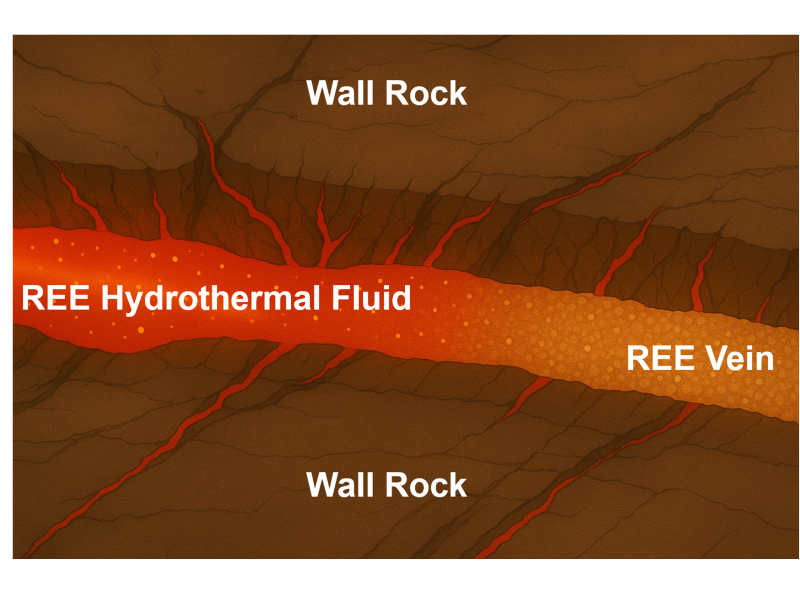
Scientific
Discovery
Scientific
Discovery
Science at Our Core
Science at Our Core
PNNL scientists conduct fundamental research to explore new horizons—both large and small—to better understand natural systems and processes and to make the world safer and more secure.
(Illustration by Timothy Holland | Pacific Northwest National Laboratory)
Basic science is the centerpiece of what we do at Pacific Northwest National Laboratory. Research that helps us understand systems and processes provides the foundation of our work in energy resilience and national security, opening new lines of inquiry to address the nation’s most significant challenges. Our distinctive strengths in biology, chemistry, computing, Earth sciences, and materials science are central to the discovery mission we embrace.
To address the nation’s growing need for energy, we discover new chemical transformations that are fast and selective, as well as new chemistries and materials for advanced energy technologies. We seek ways to understand, predict, and even control how biological systems respond to changes in genetic code or the surrounding environment. We explore Earth system processes from molecular to global scales, and how they affect our human systems and the environment we live in. We advance scientific research and national security by applying artificial intelligence to scientific problems. Understanding the fundamental science behind chemical and biological systems leads us to address the greatest challenges of our future.
Simply put, we do the difficult, demanding, and exhilarating fundamental research to make the world safer and more secure. Our basic research spurs further innovation that makes its way into our lives in the form of reliable and secure electricity supply, an expanded bioeconomy, and additional protections against threats to our security.
To do this research, we draw upon some of the world’s most sophisticated scientific resources, including two Department of Energy user facilities that we manage—the Environmental Molecular Sciences Laboratory and the Atmospheric Radiation Measurement user facility. The Energy Sciences Center is also accelerating scientific discovery in chemistry, materials science, and computing. Our most important asset though, is our people—experts across the range of scientific disciplines who collaborate with colleagues worldwide, teaming to take on the biggest scientific challenges of our time.




